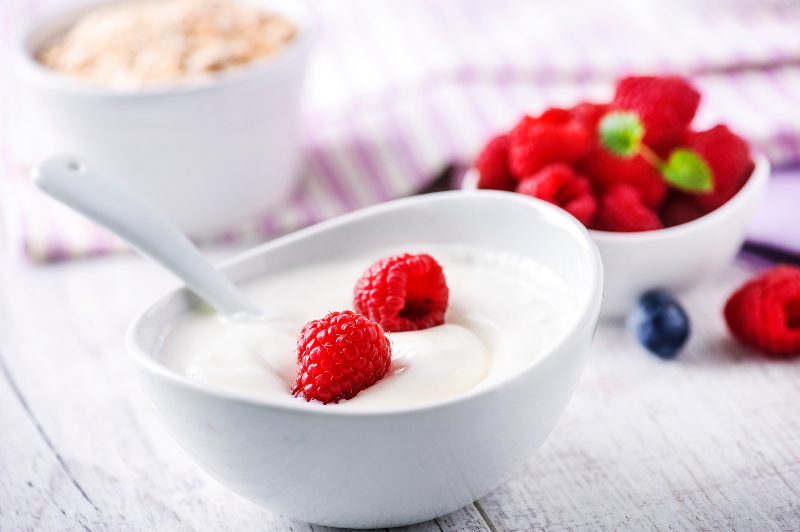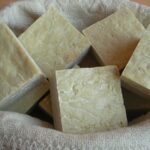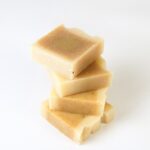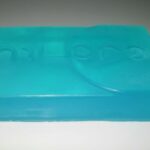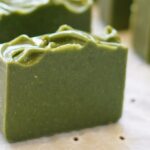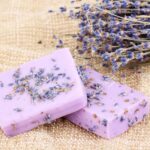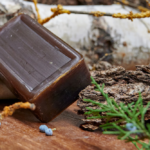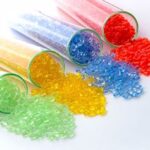History about Yoghurt
Composition of Yoghurt
Nutritive Value
Its Role and Importance in Human Health and Nutrition
Yoghurt is a fermented milk product with high nutritional value, obtained as a result of lactic acid fermentation and containing live lactic acid bacteria. All about yoghurt will be explained below.
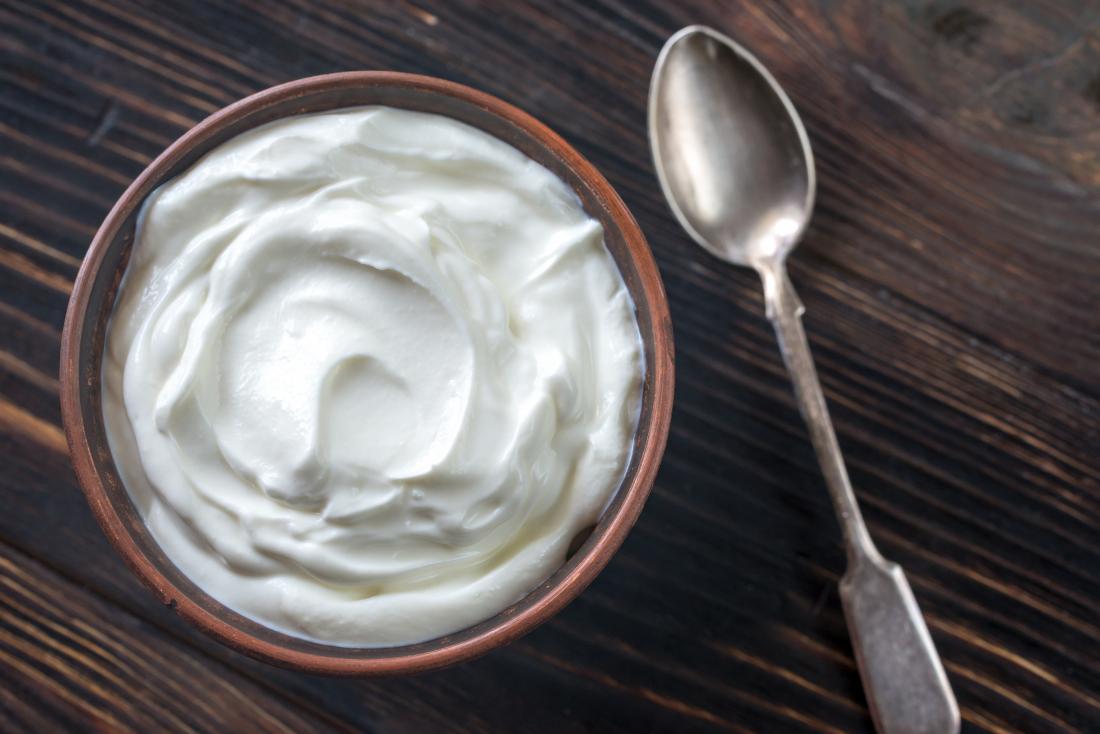
Turks bought yoghurt to Francis I for treatment. And they advised him to eat it. In this way, yoghurt production in the world began to increase all of a sudden. At that time, yoghurt was mostly known as medicine in France. It was at the beginning of the 20th century that yoghurt first spread and widely crossed Turkish borders. Yoghurt was introduced in America approximately 45-50 years ago. The spread of yoghurt in Asia and Africa from the ancient world was through the Turks. Marco Polo wrote that it is eaten in China.
Composition of Yoghurt
It is a dairy product that is most similar to milk in terms of its composition. In other dairy products, there is a great variation in the amount of substances compared to milk. However, the change in yoghurt is not much. The composition difference between milk and yoghurt is usually clear in dry matter and milk sugar, depending on the type of yoghurt and the raw material used. As a result of cooking the milk during processing or supplementing it with concentrated dairy products, there is usually a 5-10% increase in the dry matter of it and its constituents, excluding sugar. Only the sugar ratio of it decreases.
Nutritive Value
The chemical composition of it, which has an important place in the human diet, depends on the composition of raw milk used in production and the developments in milk components during lactic acid fermentation. Fat and dry matter standardizations and heat treatment are the factors affecting the composition of milk during yoghurt making.
As the amount of milk components increases due to the standardization of dry matter, the nutritional importance of it increases even more. At the end of the applied heat treatment, the amount of some vitamins (C, B1, B6, B12 and folic acid) decreases.
The chemical changes in milk components during lactic acid fermentation are like this: Lactose content decreases, the amount of free peptides, amino acids and fatty acids increases, and decreases and increases occur in some vitamins. The calorie value of itdecreases by 3-4% due to the conversion of lactose into lactic acid. However, it becomes a beneficial product for people with lactose intolerance.
The benefits of it in terms of human health are as follows:
-Its nutritional value is higher than milk.
-It is an important source of protein, fat, vitamins and minerals.
-It is easier to digest and also has a regulating effect on the digestive system.
Yoghurt bacteria inhibit the growth of intestinal pathogens and saprophytes due to their antigonestic effects. It has a cholesterol-lowering effect.
Its Role and Importance in Human Health and Nutrition
It is a rich source of carbohydrates (lactose), protein, fat, vitamins, calcium and phosphorus. As a result of fermentation, the digestion of milk becomes easier due to the hydrolysis of protein, fat and lactose. It also has antitumor and anticholesterolemic properties suitable for consumption by lactose intolerant people. Antibiotics and antimicrobial substances produced by lactic acid bacteria protect people against pathogenic M.Os. Therefore, it is a fermented dairy product that people of all age groups can benefit from in their daily diet in an abundant and inexpensive way.
